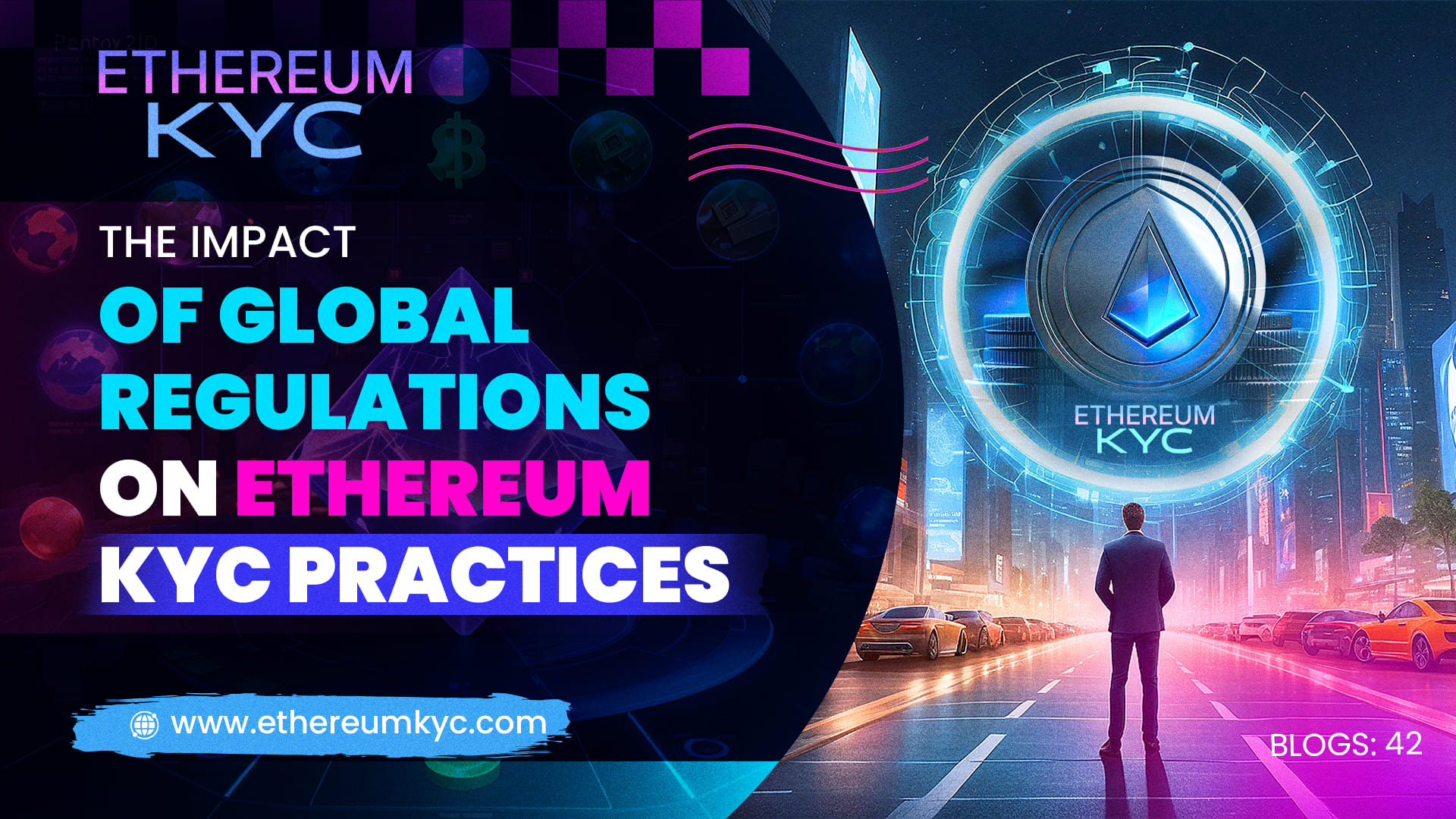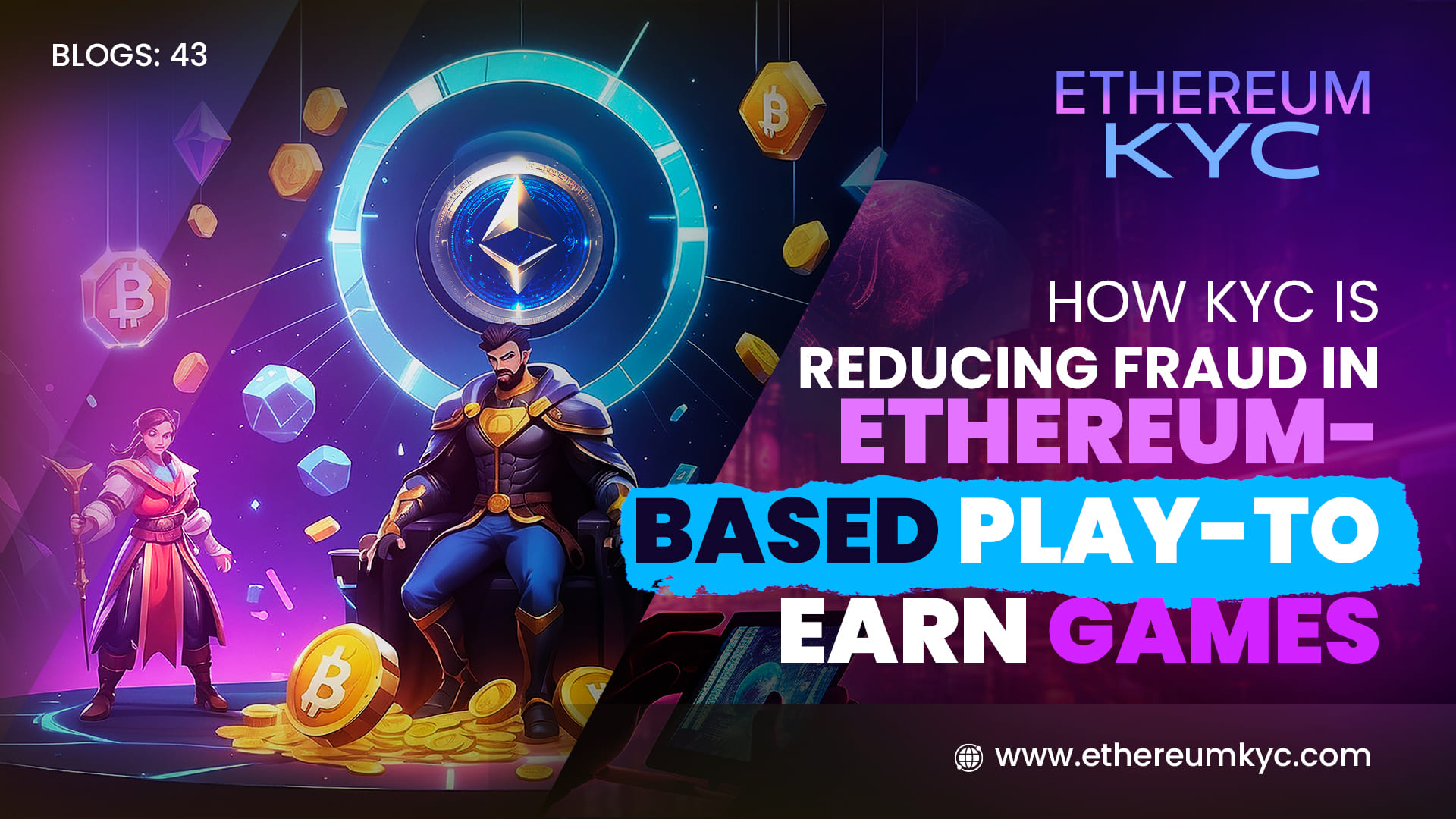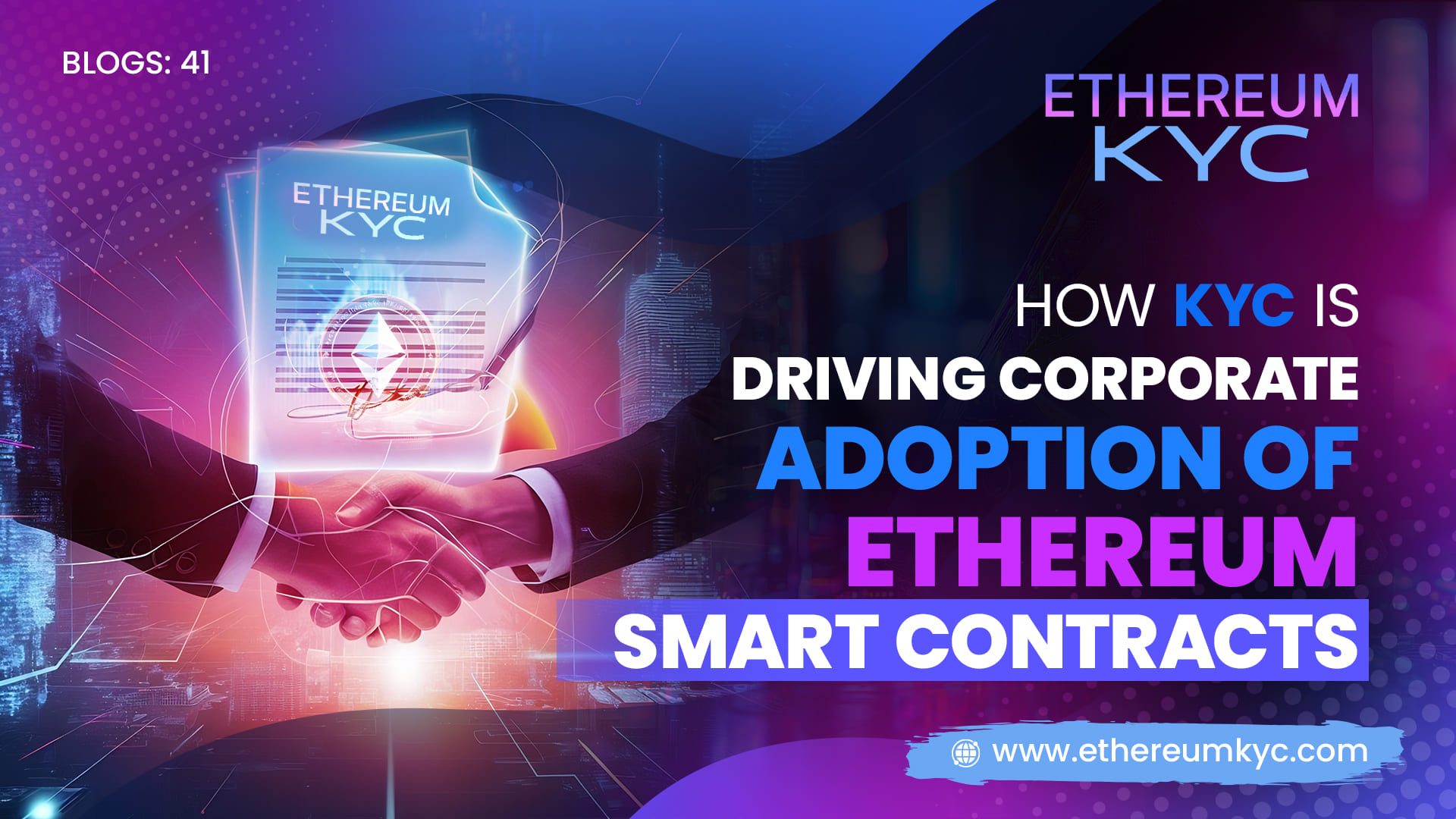May 20, 2025
The Impact of Global Regulations on Ethereum KYC Practices
As the blockchain ecosystem matures, governments and regulatory bodies around the world are increasingly focused on Know Your Customer (KYC) compliance—especially on platforms like Ethereum where token sales, DeFi, and NFTs continue to grow. This rising scrutiny is reshaping how Ethereum-based projects approach KYC, forcing developers and platforms to adopt stricter standards in line with global regulatory expectations.
Why Global Regulations Matter for Ethereum
Ethereum is the foundation for thousands of decentralized applications and tokenized assets. Its open, permissionless nature makes it powerful—but also a target for regulators seeking to prevent fraud, money laundering, and unlicensed securities activity. As a result, countries are implementing more detailed rules about identity verification for blockchain-based services.
Key Regulatory Trends Affecting Ethereum KYC
- FATF Travel Rule Compliance: The Financial Action Task Force requires Virtual Asset Service Providers (VASPs) to share customer data during transfers, affecting Ethereum exchanges and launchpads.
- EU’s MiCA Framework: The Markets in Crypto-Assets Regulation mandates identity verification and compliance obligations for crypto service providers across the European Union.
- U.S. SEC and FinCEN Guidelines: Token issuers, DEXs, and DAOs may fall under securities or money services regulations, requiring KYC implementation.
- Asia-Pacific Oversight: Countries like Singapore, South Korea, and Japan are enforcing stricter requirements for crypto companies, including mandatory user verification.
How Ethereum Projects Are Responding
- Integrated KYC Tools: Projects are embedding KYC flows into their smart contract onboarding, token sales, and staking platforms.
- Decentralized ID (DID) Solutions: Ethereum-based identity systems enable selective data sharing while meeting compliance requirements.
- Geofencing High-Risk Jurisdictions: Some projects limit access to users in regions with strict or unclear laws to avoid regulatory risks.
- Third-Party Compliance Providers: Platforms like Fractal ID, Persona, and Sumsub are helping Ethereum projects implement robust KYC efficiently.
Challenges for Builders
- Maintaining Decentralization: Enforcing KYC while preserving Ethereum’s decentralized ethos is a delicate balance.
- User Privacy Concerns: Global rules often conflict with Web3’s emphasis on privacy and pseudonymity.
- Fragmented Regulations: Projects must navigate a patchwork of global laws that evolve rapidly and inconsistently.
Conclusion
Global regulation is forcing Ethereum-based platforms to take KYC seriously—and those that do will be better positioned to scale, raise capital, and access mainstream users. By embracing compliant, privacy-conscious solutions, Ethereum projects can stay ahead of enforcement trends while preserving the decentralized values at the heart of Web3.





